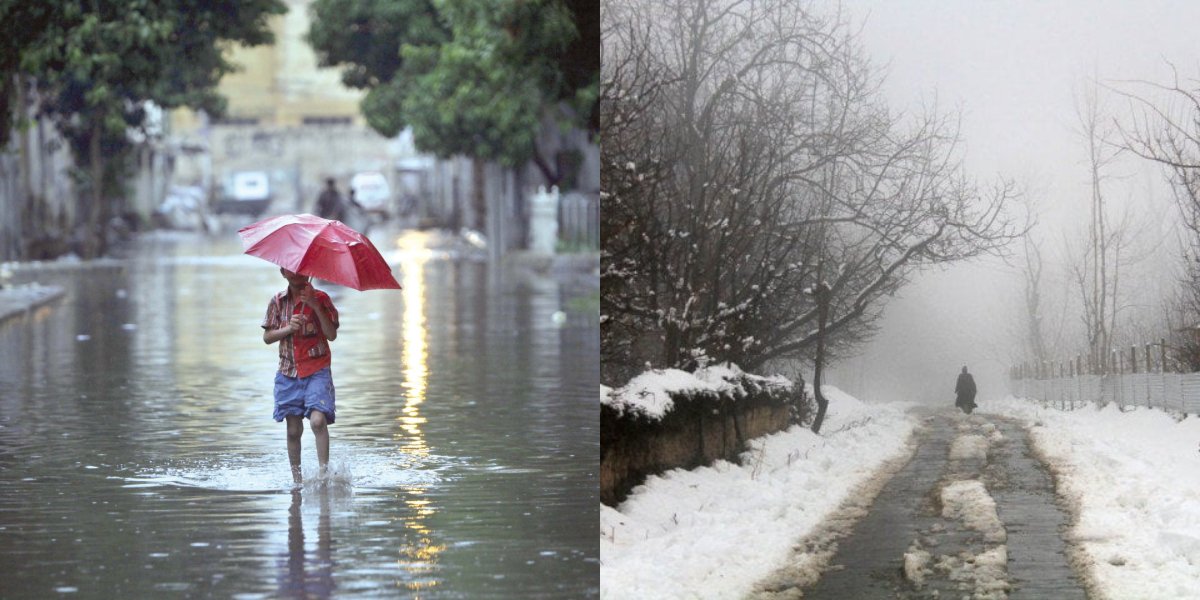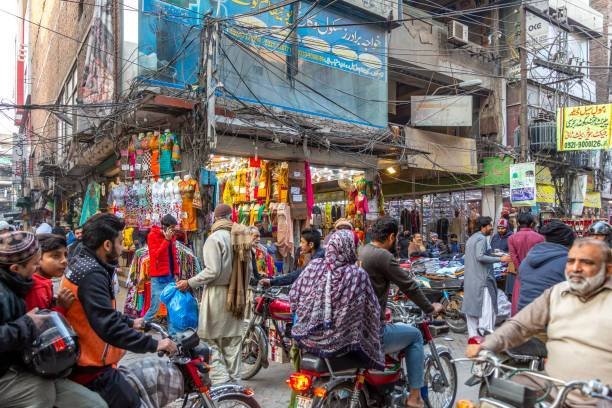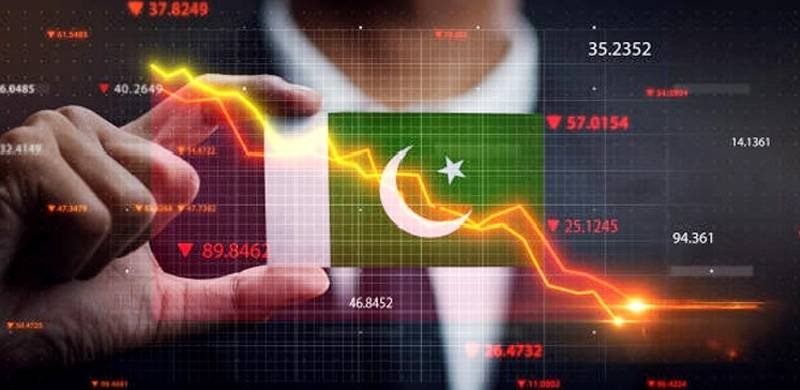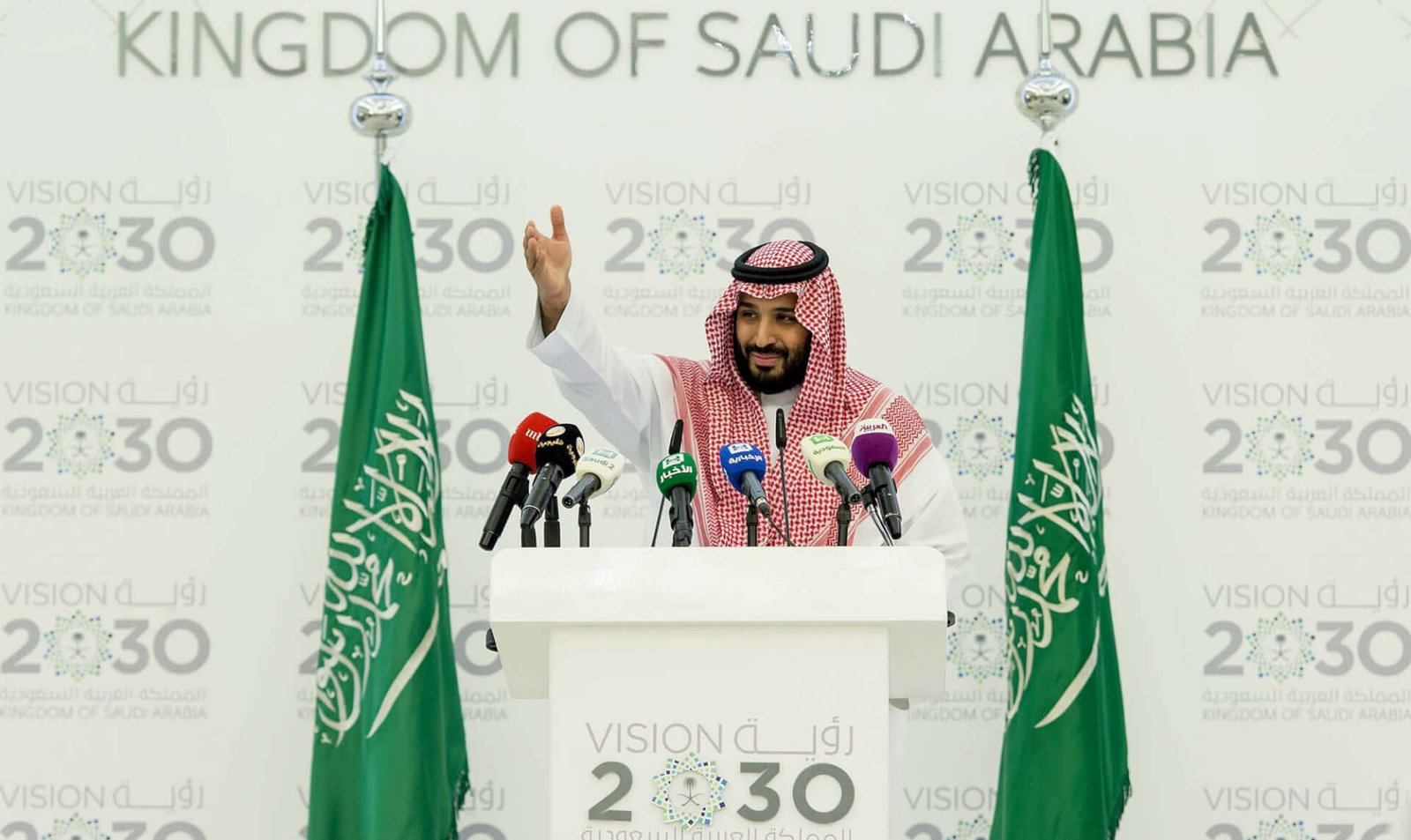Pakistan’s economic managers are currently grappling with three pressing issues to stabilize the economy and achieve growth.
Engaging with the IMF
To navigate these challenges, the economic managers are actively engaging with the International Monetary Fund (IMF). They aim to convert ongoing discussions into formal talks for a new bailout package under the Extended Fund Facility (EFF). This medium-term loan package is expected to be around $6 billion, with a possibility of extending it to $8 billion. The IMF is also set to ask Prime Minister Shehbaz Sharif’s regime to align the 2024-25 budget with agreed conditions.
Revenue and Budget Goals
The government must present a budget for 2024-25 that aligns with IMF conditions. This involves increasing overall revenues and curtailing expenditures to achieve fiscal consolidation. The Federal Board of Revenue (FBR) will need to increase its tax collection target by at least Rs 2 trillion. Additional revenue measures ranging from Rs 0.7 to Rs 1 trillion are also anticipated. Income Tax and General Sales Tax (GST) will be major revenue drivers in the next budget.
Non-Tax Revenues and Carbon Levy
On the non-tax revenue side, the Petroleum Development Levy and a potential Carbon Levy will help balance the budget deficit. The government prefers the Carbon Levy as its revenues do not become part of the federal divisible pool under the National Finance Commission (NFC) Award. The IMF suggested an 18 percent GST on petroleum products, but the government leans towards the Carbon Levy to avoid distributing revenues with provinces.
Expenditure Rationalization
The IMF demands rationalization in pension bills, reduction in State-Owned Enterprises (SOEs) losses, and cuts in subsidies. Pension reforms will be a major condition for the next IMF bailout package. Additionally, the government must hike electricity and gas tariffs from July 2024, including raising the base tariff and bi-annual adjustments in gas tariffs.
Securing Chinese Support
Before the next budget announcement, economic managers need to secure Chinese support for loan rollovers, commercial refinancing, and the resumption of the second phase of the China-Pakistan Economic Corridor (CPEC). This includes financing for the Mainline-1 (ML-1) rail link upgrade from Peshawar to Karachi, estimated at $6.7 billion.
The Path Forward
Pakistan has requested a 24th program from the IMF. However, deteriorating economic conditions may make it challenging to secure a breakthrough solely with the IMF program. Additional measures are needed to attract foreign and local investments, reduce unemployment, and alleviate poverty among inflation-stricken citizens.













